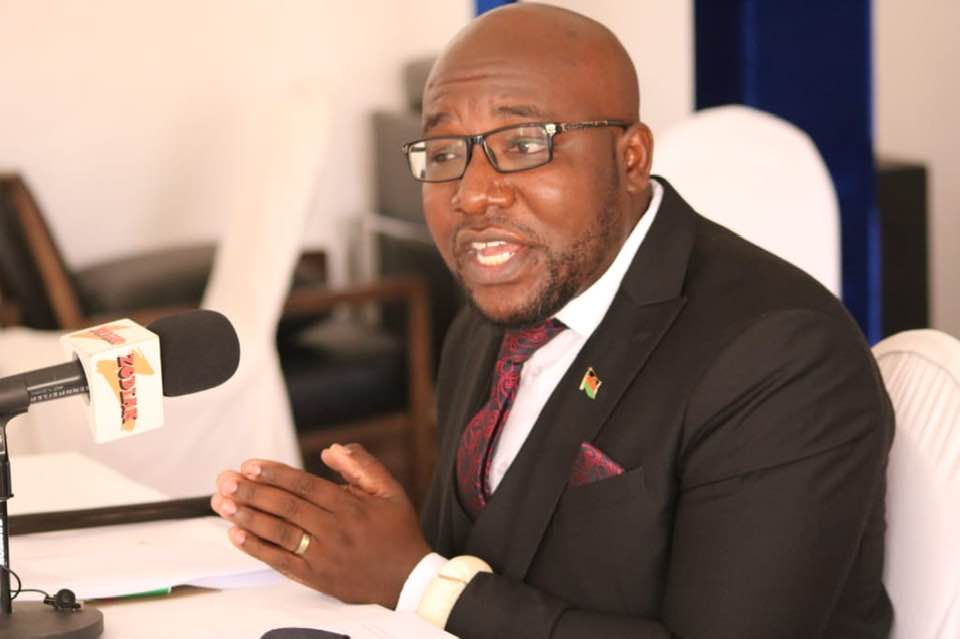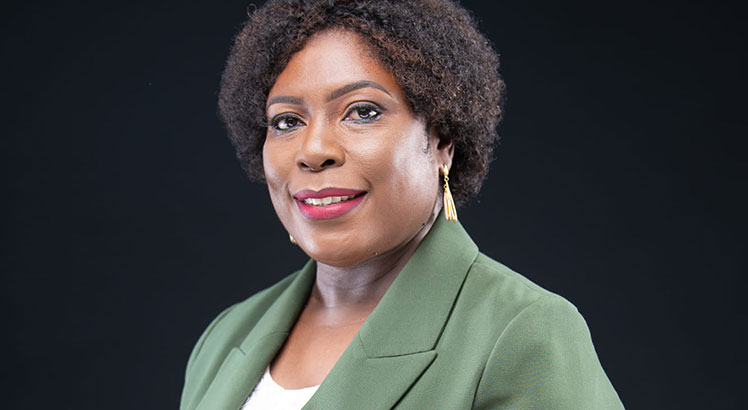Repeal repressive laws, Misa tells govt
Journalists on Thursday in Lilongwe raised concerns about an increase in cases of cyber-bullying targeting journalists who are deemed critical of the government.
The sentiments were expressed during a panel discussion at the Media Institute of Southern Africa (Misa) Malawi chapter held in partnership with the British embassy in Malawi and the Basel Institute of Governance.

The discussion centred on the theme “The State of Media Freedom in Malawi: Threats and Opportunities in 2022”.
In her remarks, Misa Malawi chairperson Teresa Ndanga said while the Tonse Alliance administration has generally shown commitment to respect media freedom and freedom of expression, continued use of archaic and repressive laws to silence those speaking out against the government is a serious concern.
She said: “The recent arrest of political activist Bon Kalindo based on some laws that make it an offence to speak ill of the President is retrogressive, especially for the current [Lazarus Chakwera] leadership, which when in opposition, had passionately spoken about the need to repeal such laws.”
Ndanga called on the government to repeal all laws that impinge on freedom of expression and access to information.
In his contribution to the discussion, British High Commissioner David Beer agreed with Ndanga on the call to have laws that infringe on freedom of the press and freedom of expression repealed in the interest of democracy which thrives in diversity of ideas.
He said it was common practice in most countries where the opposition would promise to repeal laws or do certain things, but end up not doing so while in power.
Bwaila Media Club chairperson Horace Nyaka wondered how opposition political parties love the media but turn the same into enemies when they get into power.
“There is a need to safeguard media freedom because everyone needs the media for protection,” he said.
Centre of Investigative Platform founder Gregory Gondwe, who was part of the panellists, complained about attacks they face on social media, especially when they report on stories that do not go well with politically exposed persons.
He said: “You have people creating false stories against a journalist just to silence them from doing critical stories and we have seen it happening several times. These are subtle means to muzzle the press by State operatives.”
On his part, Media Council of Malawi chairperson Wisdom Chimgwede said the challenge is that some of the cyber-bullies are journalists who are used by politicians to fight other journalists.
“It has been a long-standing tradition where the politicians use journalists to victimise other journalists through fabricated stories or spying on them to know “which story they are working on”.
Minister of Information and Digitisation Gospel Kazako has since assured to support the country’s media to thrive.
“The current administration appreciates the role of the media which also helped Tonse to rise to power such that we will do everything to ensure that press freedom is safeguarded in line with the law,” he said.





